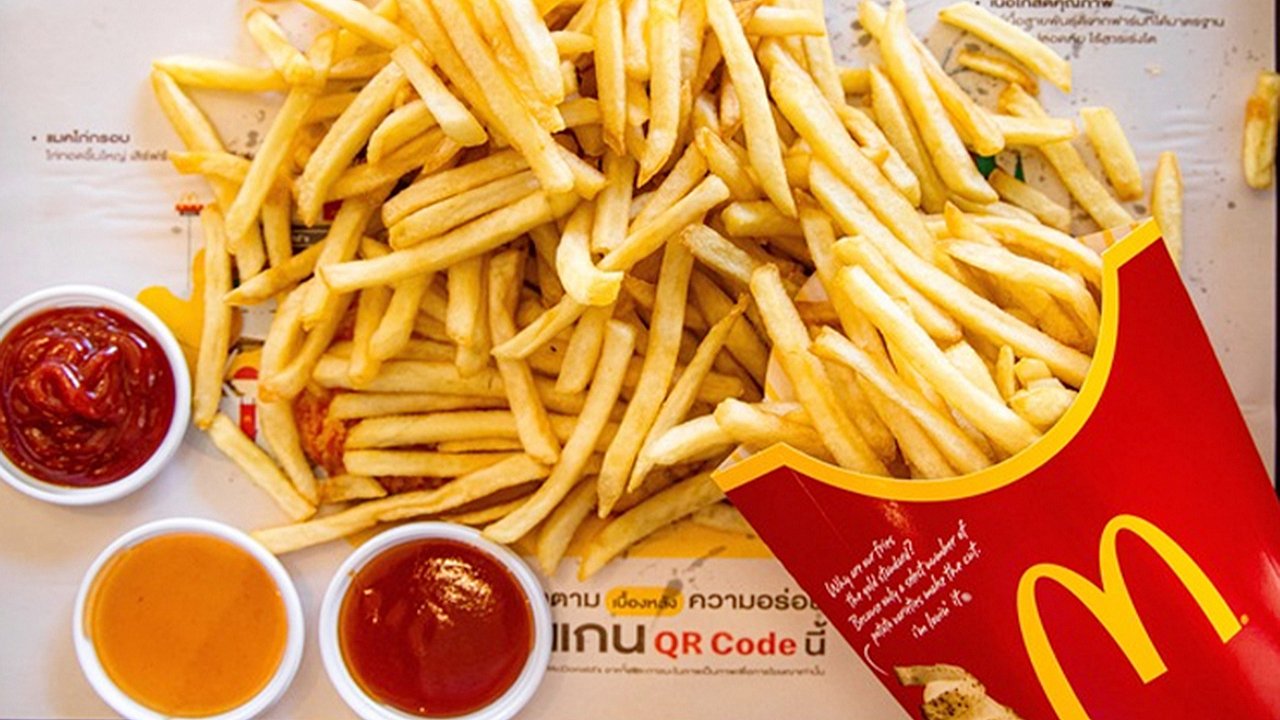Lamb Weston's stock has fallen 35% this year, as an oversupply of potatoes clashes with a slowdown in consumption. A major factor in this downturn is that restaurant prices have risen more quickly than grocery store prices, pushing consumers to cut back on fast-food purchases. Since 80% of french fries in the U.S. are consumed at fast-food outlets, Lamb Weston is feeling the pinch.Fast-food chains like McDonald’s have introduced value menus in an effort to draw customers back. McDonald’s has rolled out a $5 meal deal that includes a McDouble or McChicken, small fries, chicken nuggets, and a drink. However, these promotions are not helping Lamb Weston much. Instead of boosting french fry sales, they are leading customers to opt for smaller fry portions."Many of these deals are prompting customers to downgrade from a medium fry to a small fry," said Lamb Weston CEO Thomas Werner during an earnings call last week.McDonald's, Lamb Weston's largest customer, represents 13% of its total sales. As McDonald's struggles, so does Lamb Weston. McDonald’s reported a 0.7% decline in sales at U.S. locations open for at least a year, primarily due to fewer customer visits. Analyst R.J. Hottovy of Placer.ai noted that Lamb Weston is also vulnerable to the struggles of other fast-food chains. Customer traffic to fast-food chains fell by 2% in the last quarter and 3% the previous quarter, exacerbating the potato giant’s woes.Lamb Weston’s troubles reflect larger trends in the fast-food industry, where rising costs and changing consumer habits are driving people away from dining out. With more customers cutting back on their fast-food purchases, companies that rely heavily on such outlets for sales are facing significant challenges.
More
Yayınlanma: 09 October 2024 - 21:19
French Fry Giant Sounds Alarm as Fast-Food Demand Slows
America's fast-food habits are shifting, and it’s starting to hurt suppliers like Lamb Weston, North America's leading producer of french fries. The company, which supplies major fast-food chains, restaurants, and grocery stores, is closing a production facility in Washington state and cutting production lines. Nearly 400 workers, or 4% of its workforce, will be laid off. This move follows declining demand for its products.
More
09 October 2024 - 21:19
These news may also interest you






